Noosa Christian College, Cooroy is committed to 21st Century Learning – which encourages critical thinking, creativity, communication and collaborative learning. Our goal is to prepare students for the future through a balanced education that stimulates and engages their learning across a range of academic subject areas in accordance with Government requirements for educational institutions.
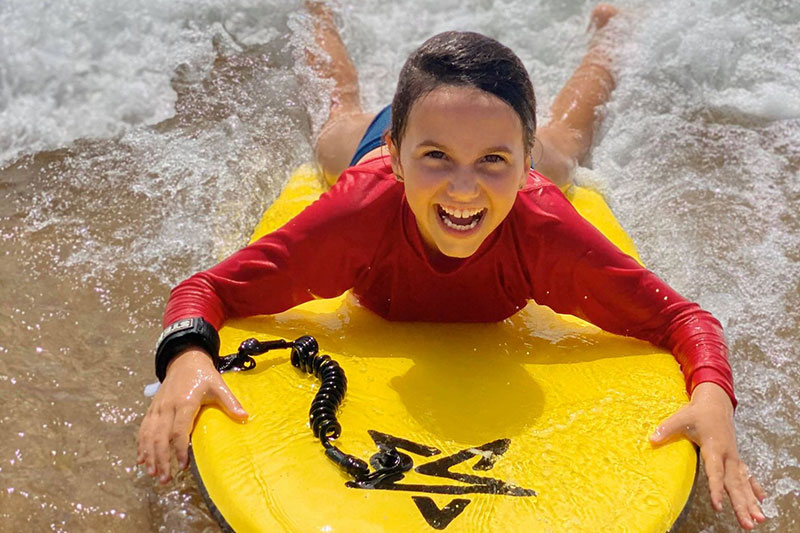
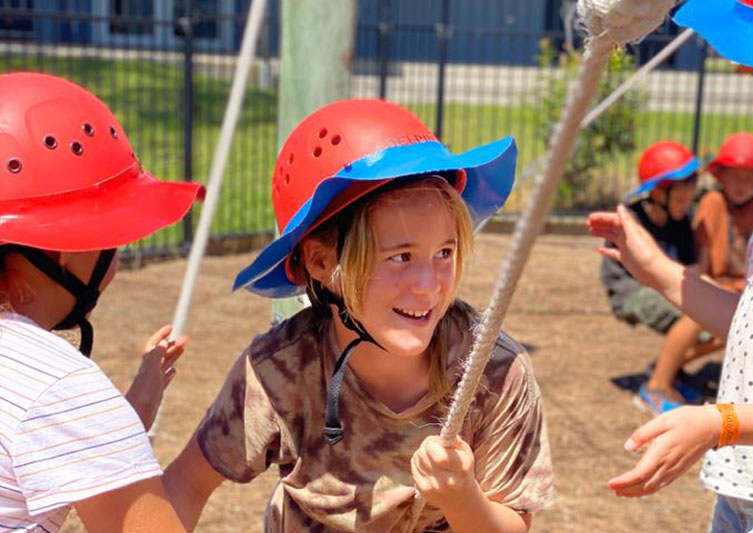
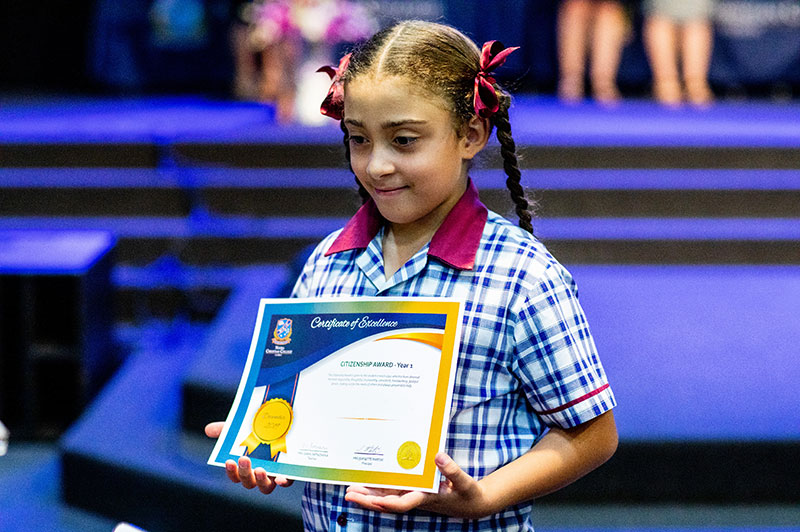
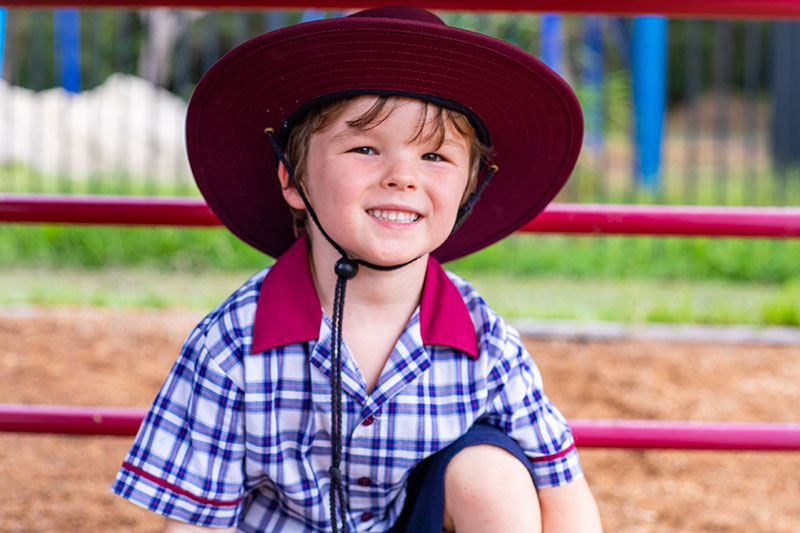
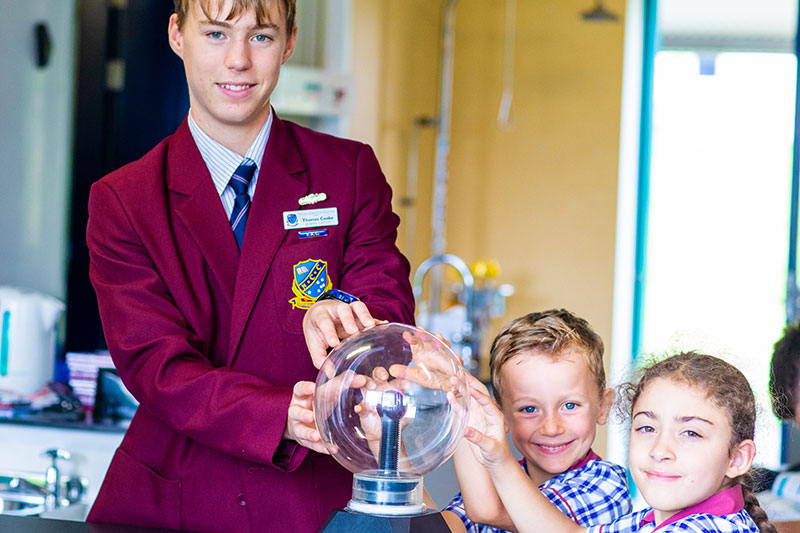
Curriculum overviews are outlined below for each subject area from Years 1-6 using excerpts from the Australian Curriculum Overview .
This subject area is unique to Adventist schools and follows the ‘Encounter’ Curriculum written and produced by Adventist Schools Australia . Students learn about God – why He cares and what it means to be a Christian in their classes each day.
“The Adventist Encounter Curriculum is a seamless curriculum that is intentional about exploring big-picture, spiritual concepts with the goal of making a difference. This curriculum uses the four walls of the classroom to help build a life-long relationship with Jesus Christ, using the Bible as the source of truth.”
“The English curriculum is built around the three interrelated strands of Language, Literature and Literacy. Teaching and learning programs balance and integrate all three strands. Together the three stands focus on developing students’ knowledge, understanding and skills in listening, reading, viewing, speaking, writing and creating.”
“The proficiency strands Understanding, Fluency, Problem solving and Reasoning are an integral part of mathematics content across the three content strands: Number and Algebra, Measurement and Geometry and Statistics and Probability. The proficiencies reinforce the significance of working mathematically within the content and describe how the content is explored or developed. They provide the language to build in the developmental aspects of the learning of mathematics.”
“The science content includes the three strands of Science Understanding , Science Inquiry Skills and Science as a Human Endeavour. The strands of Science include study areas as follows;
Science Understanding – Biological sciences, Chemical sciences, Earth and space sciences, Physical sciences.
Science as a Human Endeavour – Nature and development of science.
Science Inquiry Skills – Questioning and predicting, Planning and conducting, Processing and analysing data and information, Communicating
The three strands of the curriculum are interrelated and their content is taught in an integrated way.”
“Technologies will ensure that all students benefit from learning about and working with traditional, contemporary and emerging technologies that shape the world in which we live. This learning area encourages students to apply their knowledge and practical skills and processes when using technologies and other resources to create innovative solutions, independently and collaboratively, that meet current and future needs.
Technologies at Noosa Christian College is integrated into the learning structures and practical applications of other subject areas. For example; in Year 4, students learn to use Microsoft Office programs such as Word and Powerpoint, in the presentation of their research and understanding of a science project.
“The humanities and social sciences are the study of human behaviour and interaction in social, cultural, environmental, economic and political contexts. The humanities and social sciences have a historical and contemporary focus, from personal to global contexts, and consider challenges for the future.
In the Australian Curriculum, the Humanities and Social Sciences learning area comprises four subjects: History, Geography, Economics and Business, Civics and Citizenship.
Through studying humanities and social sciences, students will develop the ability to question, think critically, solve problems, communicate effectively, make decisions and adapt to change. Thinking about and responding to issues requires an understanding of the key historical, geographical, political, economic and societal factors involved, and how these different factors interrelate.”
Prep-Yr2
The curriculum in Foundation to Year 2 focuses on developing the knowledge, understanding and skills to support students to be healthy, safe and active individuals who can move competently and confidently in different physical spaces and on diverse surfaces.
Yr 3-6
The Health and Physical Education curriculum in Year 3 to Year 6 provides explicit learning opportunities to develop communication skills, social skills and behaviours required to work effectively with others in different environments and contexts. The curriculum allows students to experience a range of movement activities and to further develop movement competence and confidence. It also supports and encourages lifelong physical activity participation.”
“In the Arts, students learn as artists and audience through the intellectual, emotional and sensory experiences of the Arts. They acquire knowledge, skills and understanding specific to the Arts subjects and develop critical understanding that informs decision making and aesthetic choices. Through the Arts, students learn to express their ideas, thoughts and opinions as they discover and interpret the world. They learn that designing, producing and resolving their work is as essential to learning in the Arts as is creating a finished artwork.”
Music at Noosa Christian College is taught by a specialist teacher for 1 lesson (45min) each week. In addition to class time, our extra-curricular programs provide excellent opportunities for students to engage in a variety of arts.
“In the languages learning area the focus is on both language and culture, as students learn to communicate meaningfully across linguistic and cultural systems, and different contexts.”
Recognising the tremendous value of learning a second language, Noosa Christian College, Cooroy has had an established a languages program from Prep since 2005. Primary students from Prep to Year 3 participate in 1 lesson (45min) of Auslan (sign language) per week while students in Year 4 to 6 participate in French.
Language expert Roly Sussex says [1] that being bi or tri-lingual brings valuable skills for life, including increased job opportunities and confidence. He also says “…if you learn a foreign language you will be better in your own first language…” Furthermore, our teachers believe that knowing a second language opens up opportunities to be more culturally aware in the multi-cultural society we live, being empathetic and learning that there are many ways to say things and communicate with each other.
[1] http://www.abc.net.au/local/audio/2014/05/15/4005312.htm
The College is a co-educational day school currently catering for students in Kindergarten to Year 12. The College is open to students regardless of their religious affiliation, ethnic background, gender or national origin.
Noosa Christian College acknowledges the traditional custodians of this land on which we gather and we pay our respect to local Indigenous Elders and leaders past, present and emerging, and recognise the strength, resilience and capacity of all Aboriginal and Torres Strait Islander people.